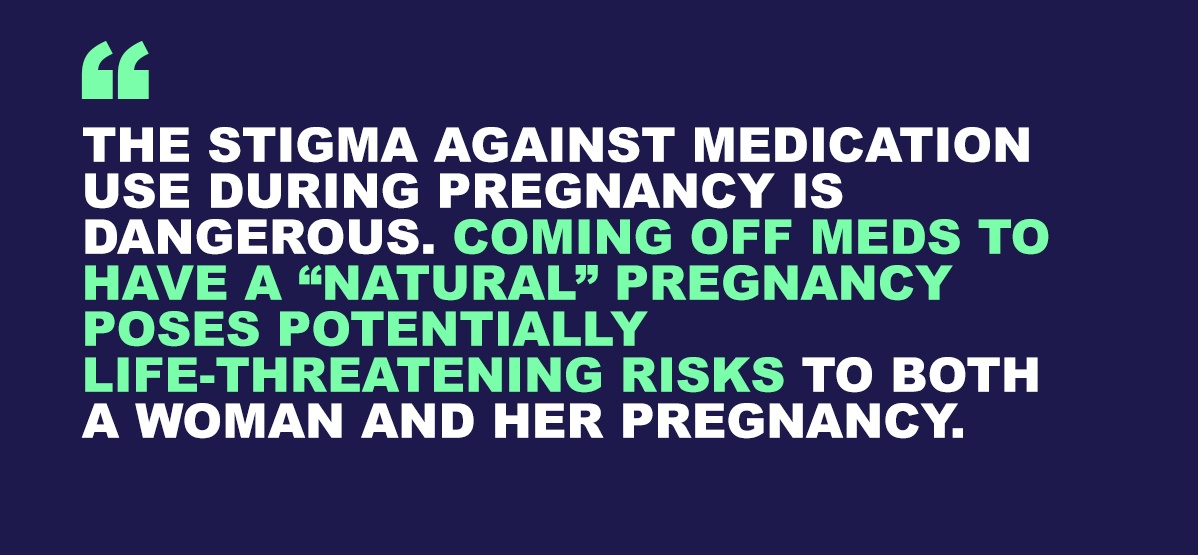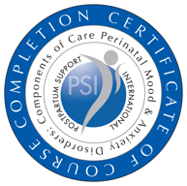
Bipolar I and II Disorders (BPD) are mood disorders characterized by extreme mood swings, from highs (Hypomania or Mania) to lows (Depression). In Bipolar II, the highs are called Hypomania and are "less severe" than the highs associated with Bipolar I, which are called Mania. The Manic state includes true hallucinations or delusions, thus immediate intervention is required.

Those suffering from BPD experience extreme mood swings, energy levels, and activity. In a hypomanic state, symptoms often include high energy, extroversion, impulsive behaviors and productivity. In full-blown mania, symptoms include delusions and/or hallucinations, requiring immediate intervention. Then, mood shifts to a depressive state of sadness, lethargy, detachment, loss of pleasure, and possible suicidal ideation or attempts. It is possible to maintain a hypomanic state for years, and often women with BPD may not begin to shift until the postpartum period..
Women with BPD are at a 70% higher risk of developing Postpartum Depression (PPD) compared those not Bipolar. Often, BPD is undiagnosed or misdiagnosed as PPD, which, in addition to improper treatment, leaves one to suffer in silence when in fact her mental health puts her life at risk.
Bipolar Disorder and Mood Disorders During Pregnancy
When a woman is Bipolar or has a family history of mental illness, her best treatment plan will involve not just the OB, but also a PMAD specialist in order to improve and enhance safety throughout her pregnancy.
Managing BPD treatment during pregnancy includes an evaluation of risks with or without medication. The stigma of a "natural" pregnancy or coming off meds for the baby's health may pose life threatening risks for the woman, and for the safety and environment of the pregnancy or child. Only a psychopharmacologist and/or medical treatment team educated in PMADs are appropriate providers in determining risk relative to medications. OBs are not trained in the medical management of Perinatal Bipolar Disorders. As with any PMAD, Bipolar women need the right support to keep them, and the pregnancy, safe.
It is the physician’s responsibility to counsel their patients with BPD about the risks associated with pregnancy. To provide the best options and care team for patients, OBs and all primary doctors can refer to The Wilderman Center for the best treatment plan.
If you are in Crisis, please Call: 1-800-784-2433 or 1-800-273-8255. You can also text "START" to 741-741. If this is a true psychiatric or life-threatening emergency, please pick-up the phone: Dial: 911, or go to the nearest Emergency Room, immediately.


Elevating and improving the standard of care for patients with Perinatal Mood and Anxiety Disorders.